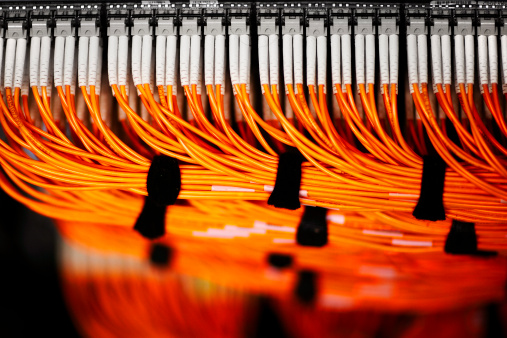Difference Between Unicasting and Multicasting

In the world of computer networking, unicast relates to transmitting details from one place to another receiver. As a result of this, unicasting consists of just two nodes in a network. The single receiver in it is marked by a unique address. On the other hand, Multicasting directs to broadcasting information in a single transmission to a number of receivers. It is usually used as IP (internet Protocol) Multicasting. The significant difference between the two is the method with which they communicate with receiver. In unicasting, information is broadcasted to a single receiver by only one server. Be aware of the fact that the receiver has uninterrupted communication with the sender.
Whereas in multicasting, information is shared with multiple receivers in just one broadcast. Also know that there is no direct association between the senders and receivers. Unicasting is generally used when a private party is asked by a customer and it is not right for transmitting information to several clients as it will take a huge bandwidth of the entire network. Moreover, multicasting makes sure it does not make direct relationships with the receivers. As a result, it does not consume a large bandwidth as is the case with unicasting.
Instructions
-
1
Unicasting
In computer networking, it refers to broadcasting information from a single sender to a receiver. It makes use of session based IP delivery protocols like Transmission Control Protocol (TCP) and User Datagram Protocol (UDP). Furthermore, every receiver or customer connects with the server taking extra bandwidth. However, the customer has a direct connection with the server. For instance, you ask for the URL http://www.sky.com for your laptop. This should be received just by the SKY server and if not then the network will be disturbed by additional requests sent to other computers present in the network. This is why unicast broadcast is vital to networks and is guided by Ethernet and IP networks.
-
2
Multicasting
In this, source needs to transmit a data packet just once. The nodes in the network like routers facilitate the important copies of the transmitted data packets in order that it is received by a group of receivers. The intermediate routers move the packets to receivers who have made contact with them showing the intent to get data from that specific sender. IP multicasting is very well known multicasting implementations. Also the source does not require the information about the address of the receivers.







